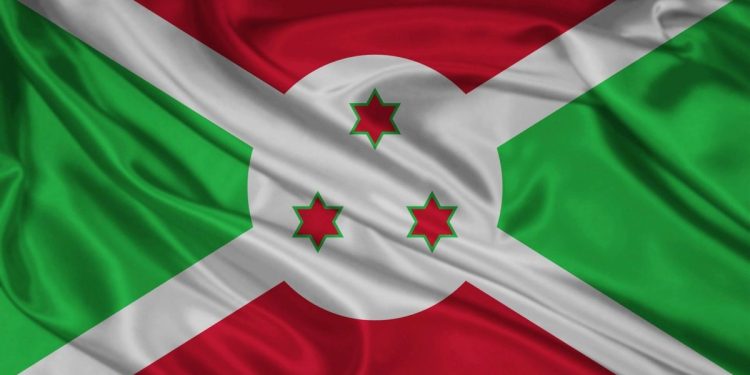#PotatoFarming #BurundiAgriculture #FoodSecurity #ModernAgriculture #ClimateChange #NationalSeedProduction #AgriculturalEconomy
Potatoes are a staple crop in Burundi, but not many people are aware of the history of potato cultivation in the country. In this article, we will explore the roots of potato farming in Burundi, how it has evolved over the years, and the impact of the crop on the country’s economy.
According to recent data from the Food and Agriculture Organization of the United Nations (FAO), Burundi produced 1.8 million metric tons of potatoes in 2020, making it one of the top potato producers in Africa. Potatoes are not only a vital source of food for the people of Burundi, but they also play a significant role in the country’s economy.
The history of potato cultivation in Burundi can be traced back to the colonial era, when potatoes were first introduced by Belgian settlers. However, it wasn’t until the 1970s that commercial potato farming took off in the country. Today, potatoes are grown in all regions of Burundi, with the majority of production taking place in the highlands.
In recent years, there has been a focus on improving potato farming practices in Burundi, particularly in the areas of irrigation, seed production, and pest management. The government has also been working to increase potato exports, with neighboring countries such as Rwanda and the Democratic Republic of Congo being key markets.
Despite the progress made in potato farming in Burundi, there are still challenges that need to be addressed. These include access to quality seeds, limited storage and processing facilities, and the impact of climate change on crop yields.
In conclusion, the history of potato cultivation in Burundi is a fascinating story that highlights the country’s agricultural heritage and its importance to the economy. By continuing to invest in modern farming practices and addressing the challenges faced by farmers, Burundi can ensure a sustainable and prosperous future for its potato sector.






